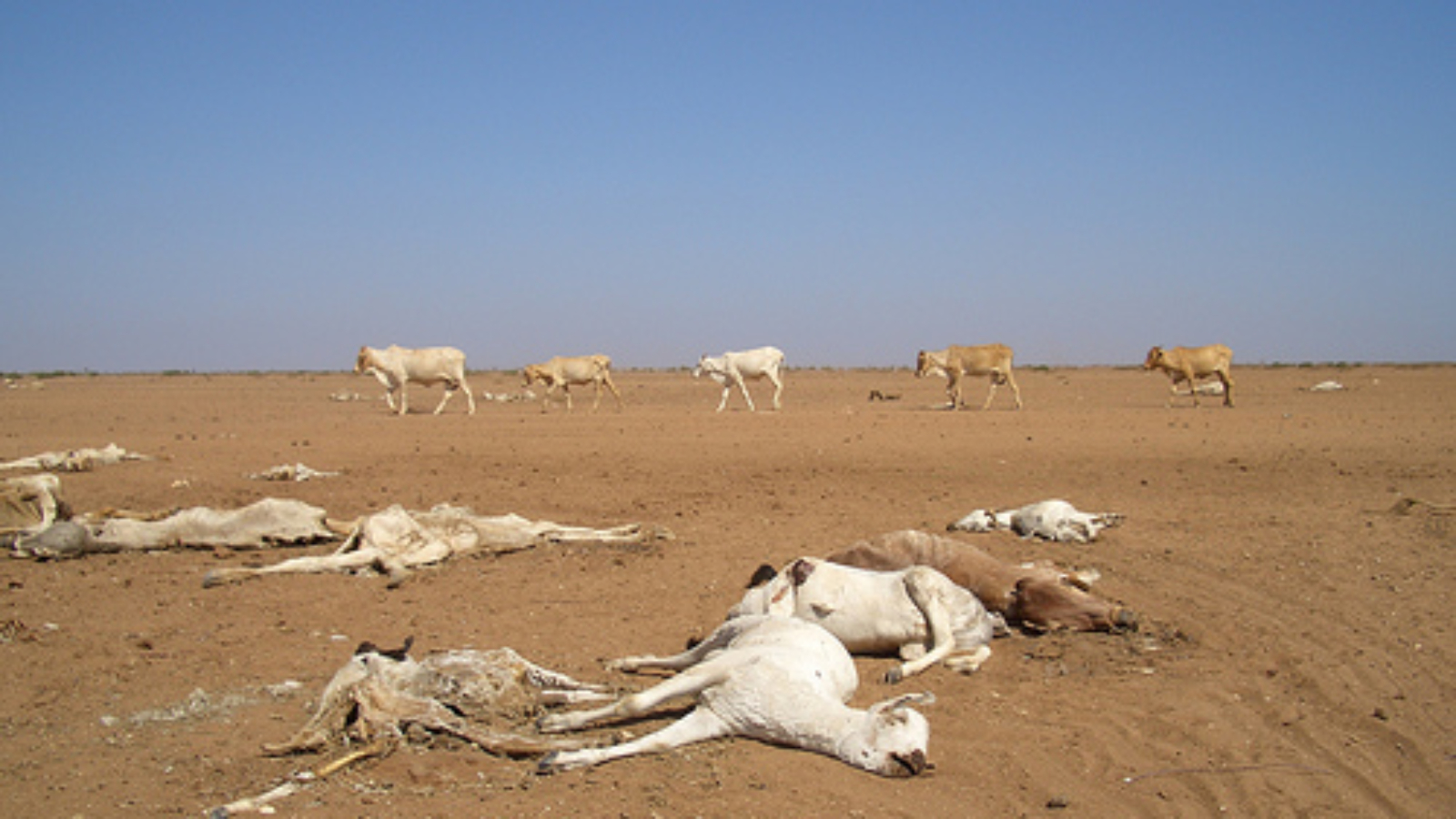On July 1st, border restrictions between five East African nations—Kenya, Uganda, Rwanda, Burundi, and Tanzania—will be significantly eased.
The landmark agreement, known as Security in Mobility (SIM), aims to assist pastoralists who traditionally migrate from country to country in an effort to find new and arable land.
In recent years, pastoralists have encountered harsh weather patterns, including severe drought and flooding. Asha Mohamed, a pastoralist in her 60s, described her unfortunate experience with the unpredictable weather conditions: “I came to Hargeisa [Somaliland capital] after all my 100 sheep died due to the drought in Bildhale [north of Hargeisa].”
Bote Bora, an 80-year old pastoralist in Kenya, had a similarly disheartening tale. “The few animals we have that have survived the drought are plagued by new diseases that we do not know about. Our livestock is dying.”
The East African agreement meets the needs of the herders’ nomadic way of life. According to SIM’s protocol, pastoralists will be able to continue their tradition of migration without facing restrictive cross-border policies, initially implemented to reduce ethnic and resource-based conflicts. The agreement is expected to take five years to fully execute.
–Yaffa Fredrick
Canada and India have secured a nuclear energy deal wherein Canada will supply India with 2,000 tons of uranium and engage in cooperative efforts on "design, construction, maintenance, sharing of operating experience and decommissioning of nuclear reactors, … projects in third countries, nuclear fuel cycle and nuclear waste management" according to India’s Ministry of External Affairs.
India has planned to drastically increase its nuclear energy production and reached out to Australia to supply uranium. Meanwhile, China and Pakistan are collaborating to build nuclear plants in Pakistan. This has caused great concern for the West, which is ever cognizant of Pakistan’s history of proliferating nuclear technologies and materials. The geopolitical undercurrents are clear as the Indo-Pakistani rivalry (along with their traditional allies) plays itself out in the international nuclear energy market.
–Nestor Bailly
Armenia is seeking upwards of $1 billion in loans from China to fund a rail-link to Iran. President Serzh Sarkisian, says the planned 470 km could have “a truly revolutionary significance” while critics claim the project is unfeasible and merely intended to distract from the country's other problems, such as a rising deficit. The Armenian government is still awaiting the disbursal of the $1.5 million in funding promised by the Asian Development Bank in April 2009 to conduct an initial feasibility study of the project.
Nepalese PM Madhav Kumar Nepal resigned Wednesday amidst demands by the opposition Maoist Party, citing his hope that the choice would end political deadlock that has for years held the country “hostage to indecision.” His party, he said, was unable to muster the support necessary to put forward its policies and programs in the house, a pre-requisite before announcing the annual budget. He leaves behind a parliament with no clear leadership – the chairman of his party, the CPN-UML, who had been viewed as a potential successor, has expressed that he neither seeks the premiership nor does the party stake claim to it. –David Black
While Great Britain and the United States wring their hands over the Gulf Coast crisis, Egypt is having spillage troubles of its own. On June 19th, environmentalists noticed that patches of the Red Sea had taken on a mottled brownish hue, identifying a state-affiliated offshore oil rig as the culprit. The oil company had apparently been hoping no one would notice—a poorly thought-out strategy considering the fact that it didn’t take long for the oil to reach shore. The government’s actions have been similarly bumbling: generally playing down the extent of the problem and claiming that the source isn’t one of its rigs. Now, marine life is suffering and the Egyptian tourism industry is angry over the state of its best beaches.
The latest news: the Cooperative Water Resources Union, comprised of Egyptian fishermen, is suing the government because (unsurprisingly) the spill has been bad for business. Might be time for Mubarak to head to the shoreline with some photographers.
–Caroline Soussloff
The Czech Republic is taking a stand against cigarettes—sort of. The new law only forces bars and restaurants to display a sticker to designate their business as smoking or non-smoking and anti-smoking advocates are unhappy.
The WHO has approved a new meningitis vaccine—one that can be used preemptively. For 40 cents a shot, African nations may be able to distribute the vaccines before an outbreak occurs—something not true with current vaccines.
–Seth Walder
